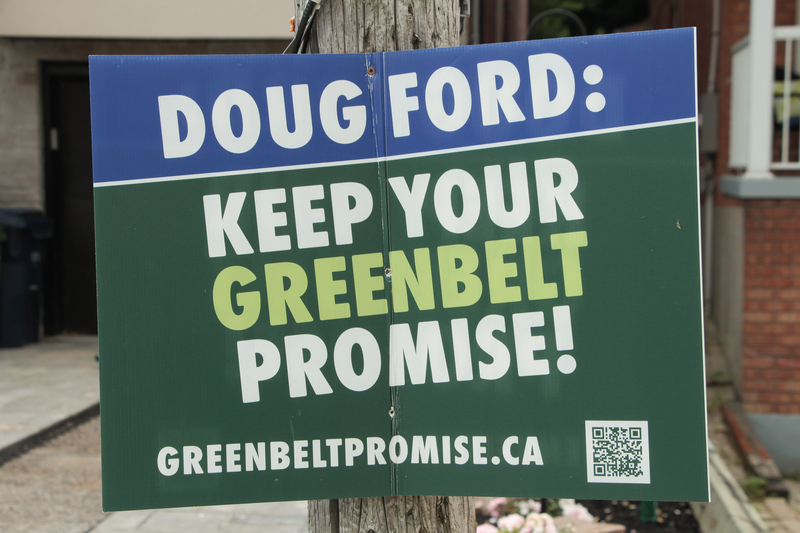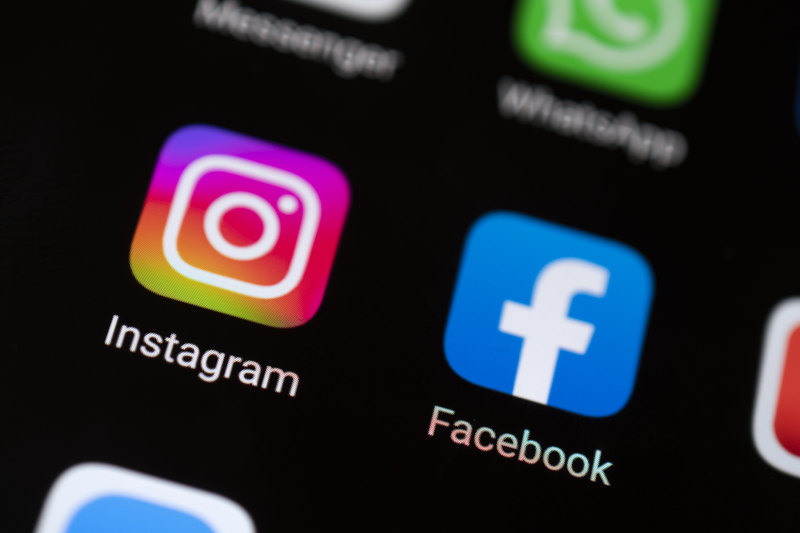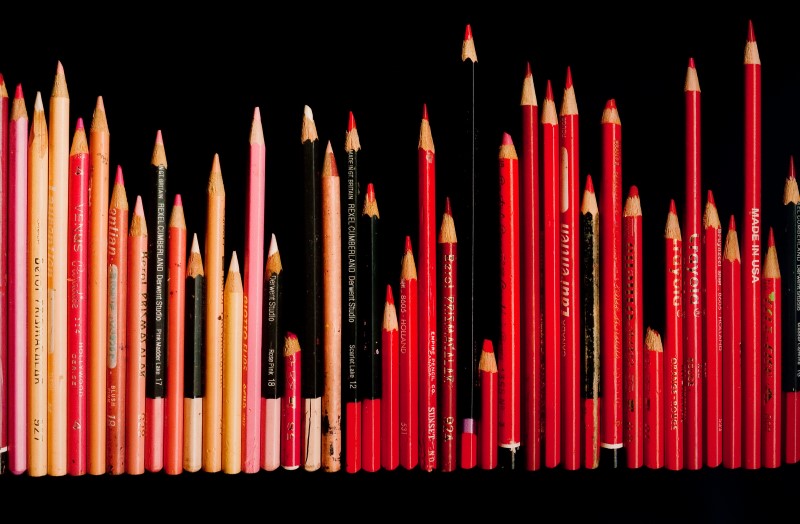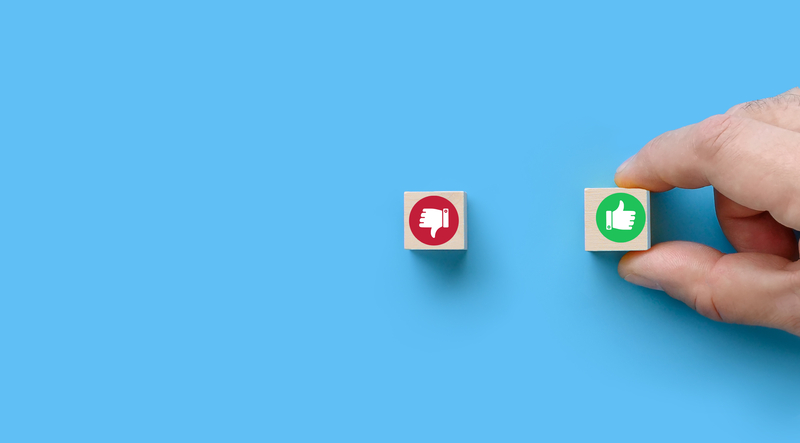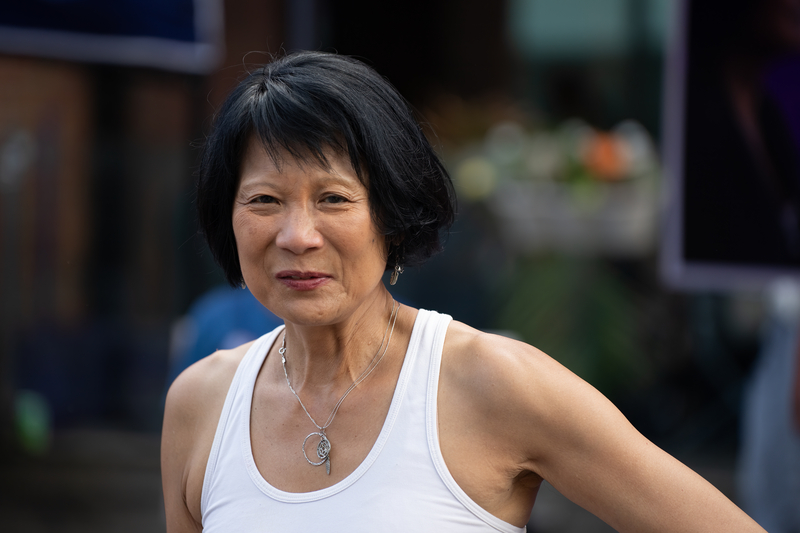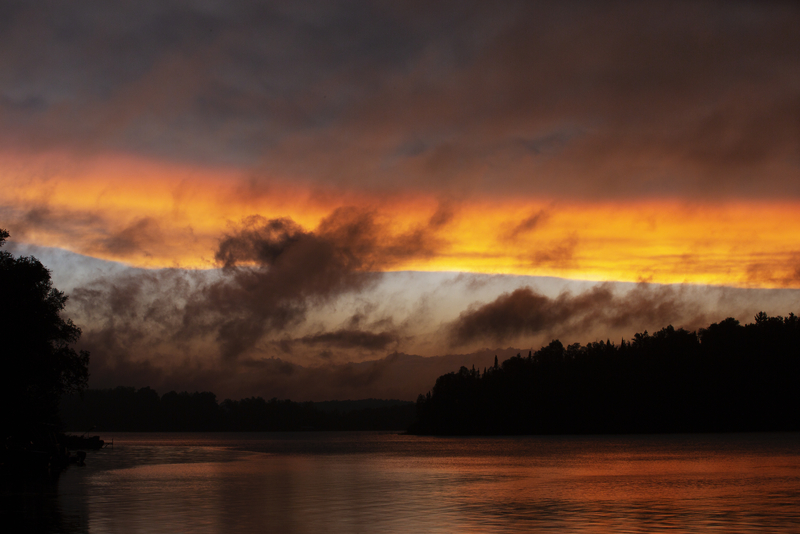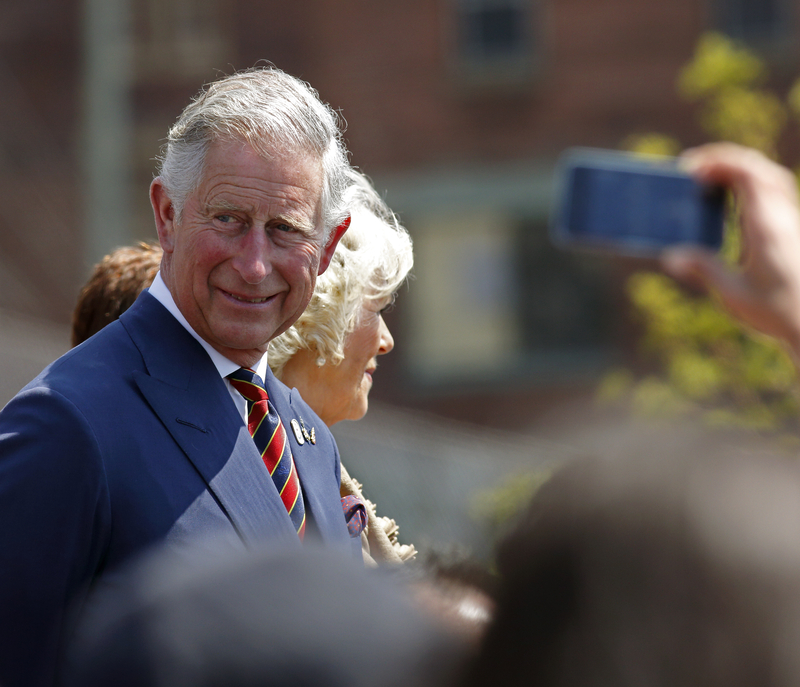On the morning after a federal election (a vote for the country's government), there's almost always a lot to talk about. For the first time in several years, the public gets to offer a fresh opinion on who should be running things. Who won? Who didn't? What is different this time around and what does that say about where the country is headed?
So many things to discuss! Except ...
Last night's election wasn't really like that at all. For starters, instead of waiting the usual four years after the 2019 election, Prime Minister Justin Trudeau and the Liberals called a quicker 'snap election'. Why? In short, he wanted to try to secure a majority government for his party, which would give him the ability to carry out his policies more easily. (We went into this stuff in a lot more detail here.)
He didn't get what he wanted. As the sun rises on the morning after, Canada has another minority Liberal government. As for the other five parties, they also have almost the exact same amount of seats (or spots in Parliament). This result means that you might hear a few adults ask a simple question:
Why did we go through all of that?
Almost identical results
Bloc Québécois leader Yves-François Blanchet will be pleased to have slightly increased the number of seats for his party. (Getty Embed)
That is a good question! Before we get into it, let's look at the results. Though a few ridings (or individual regions for voting) are still counting ballots, here's what things look like side-by-side between the two elections:
2019 seats
- Liberals 157
- Conservatives 121
- Bloc Québécois 32
- New Democratic Party 24
- Greens 3
- People's Party 0
2021 seats
- Liberals 158
- Conservatives 119
- Bloc Québécois 34
- New Democratic Party 25
- Greens 2
- People's Party 0
There is not a lot of difference there. And when you consider that elections cost over $600 million dollars to run, it becomes very understandable why some people might feel frustration right now. Everything is basically the same!
But is it?
Liberals get approval (sort of)
Trudeau waves to the crowd on election night. (Getty Embed)
Overall, yes, things are almost identical. But there were still some lessons learned.
For one, it's not as though the circumstances in 2021 are exactly the same as they were in 2019. And the biggest difference between then and now is easy to pick out.
This was a big part of Trudeau's message in his campaign. He said he wanted to give Canadians the chance to give feedback on how the government was handling the pandemic. And today, he has his answer. Overall, they feel about the same now about who should be running things as they did before all of this got started. You could see this result as at least some sort of approval that the government is doing a good job. As Trudeau said in his victory speech last night:
"You are sending us back to work with a clear mandate to get Canada through this pandemic, and to the brighter days ahead, and my friends, that's exactly what we are ready to do ... what we've seen tonight is that millions of Canadians have chosen a progressive plan."
A different opposition
Conservative leader Erin O'Toole tried a different approach in this election. (Getty Embed)
And another thing that has changed since 2019? The Liberals biggest rival, the Conservatives, got a new leader, Erin O'Toole. His message to the public was different to what his predecessor, Andrew Scheer, had said in 2019. O'Toole accepted climate change as a major issue and spoke about the importance of LGBTQ rights. These were more moderate (middle ground) positions than the Conservative party had taken in the past.
But in taking this position, they may have lost some voters that would normally have supported them. This is because there is another party who took on their older positions: The People's Party of Canada. The PPC didn't win a single seat. But they still got nearly a million votes across the country. They also were the only party to be anti-masking and be against mandatory vaccinations. They tapped into a lot of anger that some people have for Trudeau and the current government.
Though Trudeau probably would've still won the election without the PPC being involved, it likely would've been much closer with the Conservatives capturing more seats. So will the Conservatives stay moderate in the future? Or will they return to older positions to try to win back voters?
An important exercise
NDP leader Jagmeet Singh, with his wife Gurkiran Kaur Sidhu, will still have a role to play in the new government. (Getty Embed)
People love to see big changes as a way of knowing that something was worth doing. But life isn't always like that!
Sometimes the message is that people still feel about the same way. Trudeau may have won, but a minority government isn't a clear mandate to do whatever he likes. He will still need to work closely with Bloc leader Yves-François Blanchet and NDP leader Jagmeet Singh to get things done. Perhaps this will mean a greater commitment to progressive policies on climate and healthcare to prove to NDP voters that the Liberals are the right party to support the next time around?
That's the thing with democracy. Whether in two years or four, there's always another election coming. And some of you may even be eligible to vote in the next one. It's a good thing to not take for granted!
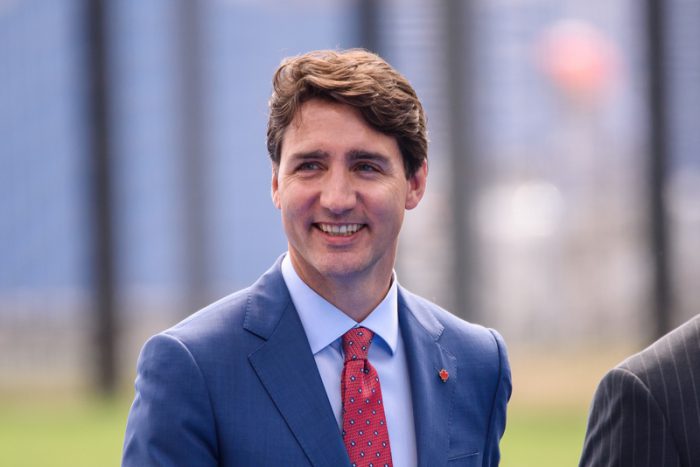 Justin Trudeau remains Canada's prime minister. (Photo 165642242 © Gints Ivuskans | Dreamstime.com)
Justin Trudeau remains Canada's prime minister. (Photo 165642242 © Gints Ivuskans | Dreamstime.com)


